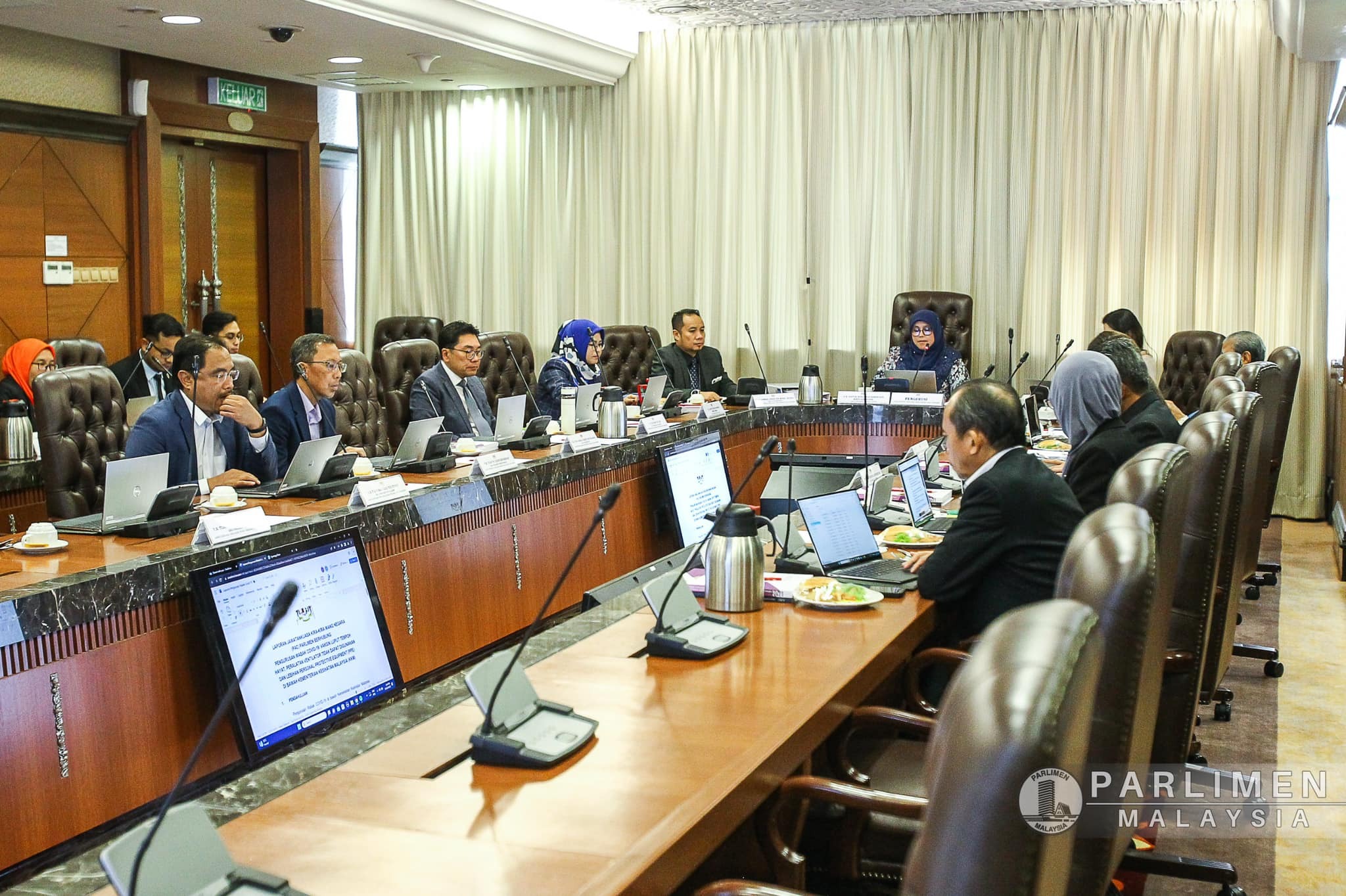In July 2021, Covid deaths surged in Ampang Hospital due to oxygen supply problems. A doctor at the government hospital said some Covid-19 patients deteriorated quickly, as they were not intubated immediately due to the lack of intensive care unit (ICU) beds and ventilators.
“It always comes to a point where priority will be given to those we think will have high chances of survival to be intubated, and admitted to ICU for closer monitoring,” she had said.
What happened in Ampang Hospital at the height of the pandemic was just a snapshot of the chaos that nearly broke Malaysia’s health care system, when more than 37,000 people died from Covid.
Yet, two years later, the bipartisan Public Accounts Committee (PAC) in the 15th Parliament – led by Masjid Tanah MP Mas Ermieyati Samsudin – decided not to hold specific individuals and parties accountable for the supply of 104 defective ventilators by Pharmaniaga Logistics Sdn Bhd (PLSB) to the Ministry of Health (MOH) in 2020.
The PAC attributed this to the absence of a formal contract between PLSB and the MOH, and the “ambiguity” of the government-linked company’s role in the procurement process for the faulty ventilators from China under emergency protocols.
In fact, the MOH had actually sought to procure 500 ventilators from PLSB, a fully-owned subsidiary of Pharmaniaga Bhd, in early 2020; PLSB ended up supplying only 136 units, most of which did not work.
Even though the ventilator procurement process was mostly done on WhatsApp, messages on the platform by Cabinet members in the Perikatan Nasional (PN) government and other government officials at the time are still a form of documentation and evidence that should have been presented to and published by the PAC.
The United Kingdom’s Covid-19 inquiry released WhatsApp messages by then-Prime Minister Boris Johnson and other top government officials that were sent at the height of the pandemic in 2020 and 2021.
The objectives of the PAC investigation into the government’s Covid response – specifically on expired vaccines, non-functioning ventilators, and excess personal protective equipment (PPE) – were to determine “whether or not the Covid-19 pandemic had been managed prudently, efficiently, and effectively”.
Yet, the PAC’s conclusion (comprising only two pages in its 511-page report that was mostly based on transcripts of proceedings) did not contain the committee’s opinion based on the evidence received in its investigation, but merely summarised its findings.
The PAC only had five short recommendations, three of which were general in nature: “safeguard public interest in emergency procurement”, “appropriate documentation needed even in emergency times”, and “ensure local capacity for the manufacture of medical equipment and pharmaceuticals”.
The PAC’s failure to apportion blame to specific individuals and parties for the supply of defective ventilators that contributed to the loss of life during the Covid pandemic was an abdication of responsibility by the powerful parliamentary committee.
The lack of a written agreement between PLSB and the MOH on ventilator procurement is not an excuse for the PAC to avoid holding certain ministers, companies, and top civil servants accountable for their flawed decisions that ultimately cost lives.
A missing formal contract simply means the absence of legal accountability (even this is disputable as MOH deputy secretary-general (finance) Norazman Ayob has told the PAC that the ministry is preparing for legal action to get reimbursement of the 104 defective ventilators from PLSB).
But the PAC is not meant to act like legal counsel for the government. Its role, as per its own terms of reference – is to determine whether or not the Covid response was efficient and effective.
The PAC failed to answer its own question and didn’t even say if the emergency procurement protocols in the government’s Covid response had been violated, or were, plain and simple, wrong.
Instead, transcripts show the PAC had a rather apologetic stance on the ventilator scandal. At one point, PAC member Syahredzan Johan summed up that China had profited from the whole episode and that Pharmaniaga and the MOH had been left to sort out the mess – without the committee identifying specific parties in terms of where they went wrong.
Even though Prime Minister Muhyiddin Yassin’s Cabinet and top MOH officials may not have intended to receive a failed order of ventilators that would subsequently affect the care of patients for Covid, the fact remains that this is what happened.
The absence of bad faith or mens rea does not excuse public officials from facing the consequences of their actions. As lawyers, PAC members like chairwoman Mas Ermieyati and Syahredzan should be familiar with the concept of negligence.
Even though the PAC has instructed the MOH to respond to its five recommendations within two months, what can the parliamentary committee expect really, aside from vague promises to document things in a future public health emergency?
As it is, Health Minister Dr Zaliha Mustafa’s immediate response to the PAC report was a general “ambil maklum” (her response was merely a reply to a reporter’s question at a press conference that she had held on another issue).
By refusing to affix blame or to recommend sanctions against specific individuals and companies – whether civil litigation, cutting pensions, or cancellation of PLSB’s new seven-year concession with the MOH, even if criminal prosecution were not possible – the PAC’s inquiry means that no lessons will be learned from the pandemic.
Rather, the only thing the government of the day will learn – in a future pandemic or health crisis – is to avoid documentation or formal contracts so that no one will be held accountable.
Editorials represent the views of CodeBlue as an institution, as determined through debate in the newsroom. CodeBlue’s Editorial Board comprises editor-in-chief Boo Su-Lyn, senior health writer Alifah Zainuddin, and health writer Sharayu Pillai.








